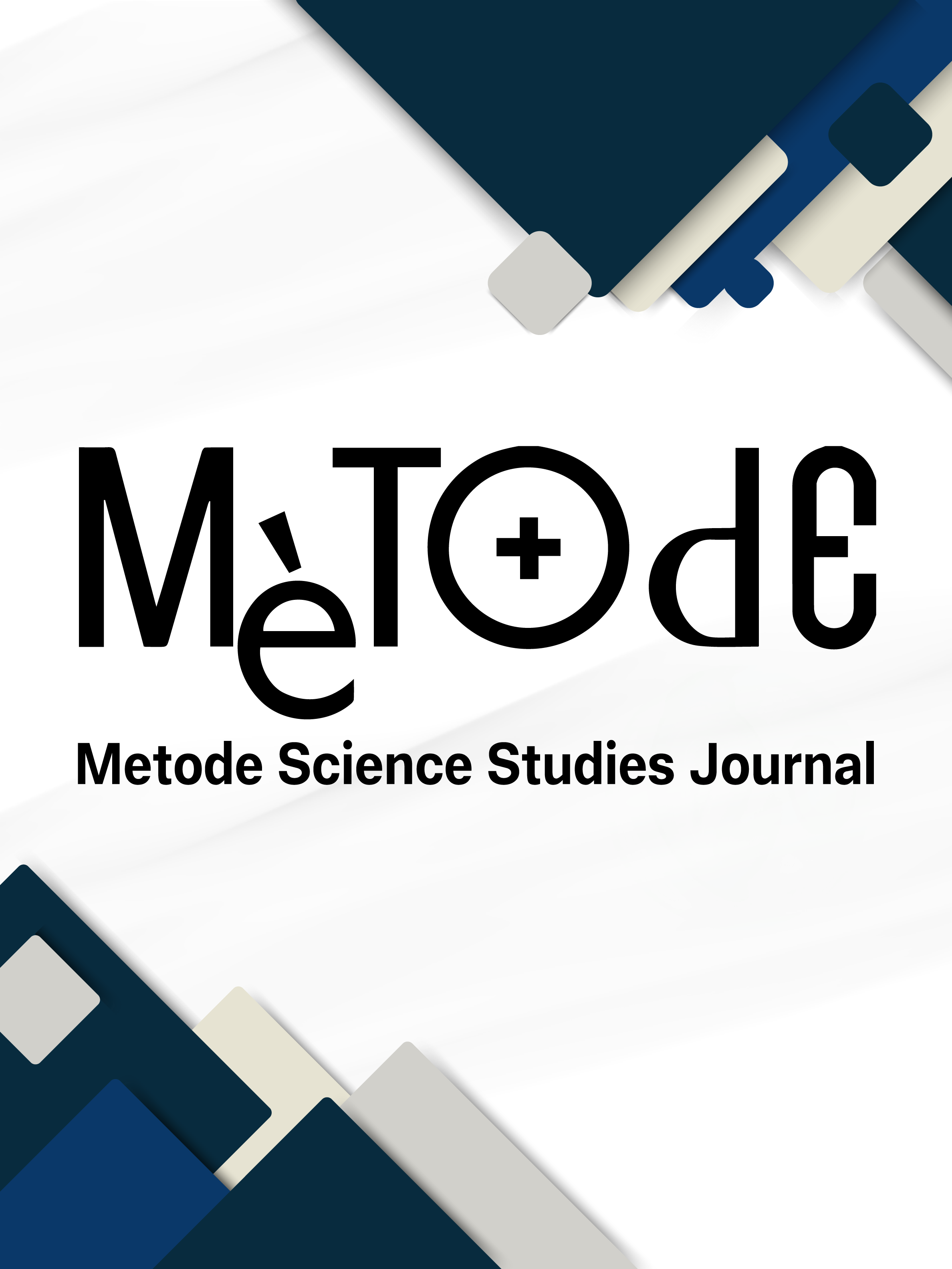Recreational science in nature: An on-the-ground perspective
DOI:
https://doi.org/10.7203/metode.15.27483Keywords:
recreational science, STEAM, maker culture, scientific collecting, geological tourism Abstract
Abstract
The aim of this collaboration is to reflect on outdoor recreational science and its relationship with teaching, scientific dissemination, collecting or geological tourism. I propose a radical vision of scientific experimentation outside the academic field, with more varied techniques, processes and materials, emphasising the importance of the «object», often of natural origin, as a motivator of perception, fine observation and scientific curiosity. I also briefly consider the impact it can have on the natural environment and the need to find a balance between human pressure and respect for the environment. Finally, I propose the inclusion of recreational scientific activities in camps, rural hotels, and other accommodation in nature, and even in specific spaces, as a necessary leisure activity for the knowledge society.
 Downloads
Downloads
 References
References
Bär, N. (2005, 24 August). «Conocer es aún más importante que comer», dice Jorge Wagensberg. La Nación. https://www.lanacion.com.ar/cultura/conocer-es-aun-mas-importante-que-comer-dice-jorge-
wagensberg-nid732586/
BAFTA Guru. (2017, 10 June). David Attenborough. A life in television [Video file]. Youtube. https://www.youtube.com/watch?v=Gw1XhyvScfY
Boada Ferrer, M. (2013). Minería artesanal. Investigación y Ciencia, 440, 86–88.
Boada Ferrer, M. (2015a). Microsiderurgía. Investigación y Ciencia, 461, 84–87.
Boada Ferrer, M. (2015b). Geomorfología experimental. Investigación y Ciencia, 471, 85–87.
Boada Ferrer, M. (2016). Taller y laboratorio. Materiales cerámicos. Investigación y Ciencia, 477, 86–90.
Boada Ferrer, M. (2020). Carbono: el elemento estrella. Investigación y Ciencia, 520, 82–85.
Camps Gamundi, I. (2018). GeoloSketchers: El placer de dibujar la geología. Enseñanza de las Ciencias de la Tierra, 26(2), 245–248. https://raco.cat/index.php/ECT/article/view/338691
Carter, C. E., Barnett, H., Burns, K., Cohen, N., Durall, E., Lordick, D., Nack, F., Newman, A., & Ussher, S. (2021). Defining STEAM approaches for higher education. European Journal of STEM Education, 6(1), 13. https://doi.org/10.20897/ejsteme/11354
Chinery, M. (1980). Guía práctica ilustrada para los amantes de la naturaleza. Blume.
Diputació de Barcelona. (2023). Ciència ciutadana. https://parcs.diba.cat/web/conservacio-de-la-biodiversitat/ciencia-ciutadana
Estalella, J. (1918). Ciencia recreativa. Enigmas y problemas, observaciones y experimentos, trabajos de habilidad y paciencia (3a ed.). Gustavo Gili.
Feldman, A. (2015). Steam rising. Why we need to put the arts into STEM education. Slate. https://slate.com/technology/2015/06/steam-vs-stem-why-we-need-to-put-the-arts-into-stem-education.html
Leber, J. (2019). Species sleuths. Amateur naturalists spark a new wave of discovery. Yale Environment 360. https://e360.yale.edu/features/field-
sleuths-the-amateur-naturalists-who-are-discovering-new-species
MacFadden, B. J., Lundgren, L., Crippen, K., Dunckel, B. A., & Ellis, S. (2016). Amateur paleontological societies and fossil clubs, interactions with professional paleontologists, and social paleontology in the United States. Palaeontologia Electronica, 19.2.1E, 1–19. https://doi.org/10.26879/161E
Shields, J. (2022). How a closed terrarium can live for decades, no water added. HowStuffWorks. https://home.howstuffworks.com/closed-terrarium.htm
Downloads
Published
How to Cite
-
Abstract278
-
PDF51
Issue
Section
License
![]()
All the documents in the OJS platform are open access and property of their respective authors.
Authors publishing in the journal agree to the following terms:
- Authors keep the rights and guarantee Metode Science Studies Journal the right to be the first publication of the document, licensed under a Creative Commons Attribution-NonCommercial-NoDerivatives 4.0 International License that allows others to share the work with an acknowledgement of authorship and publication in the journal.
- Authors are allowed and encouraged to spread their work through electronic means using personal or institutional websites (institutional open archives, personal websites or professional and academic networks profiles) once the text has been published.





